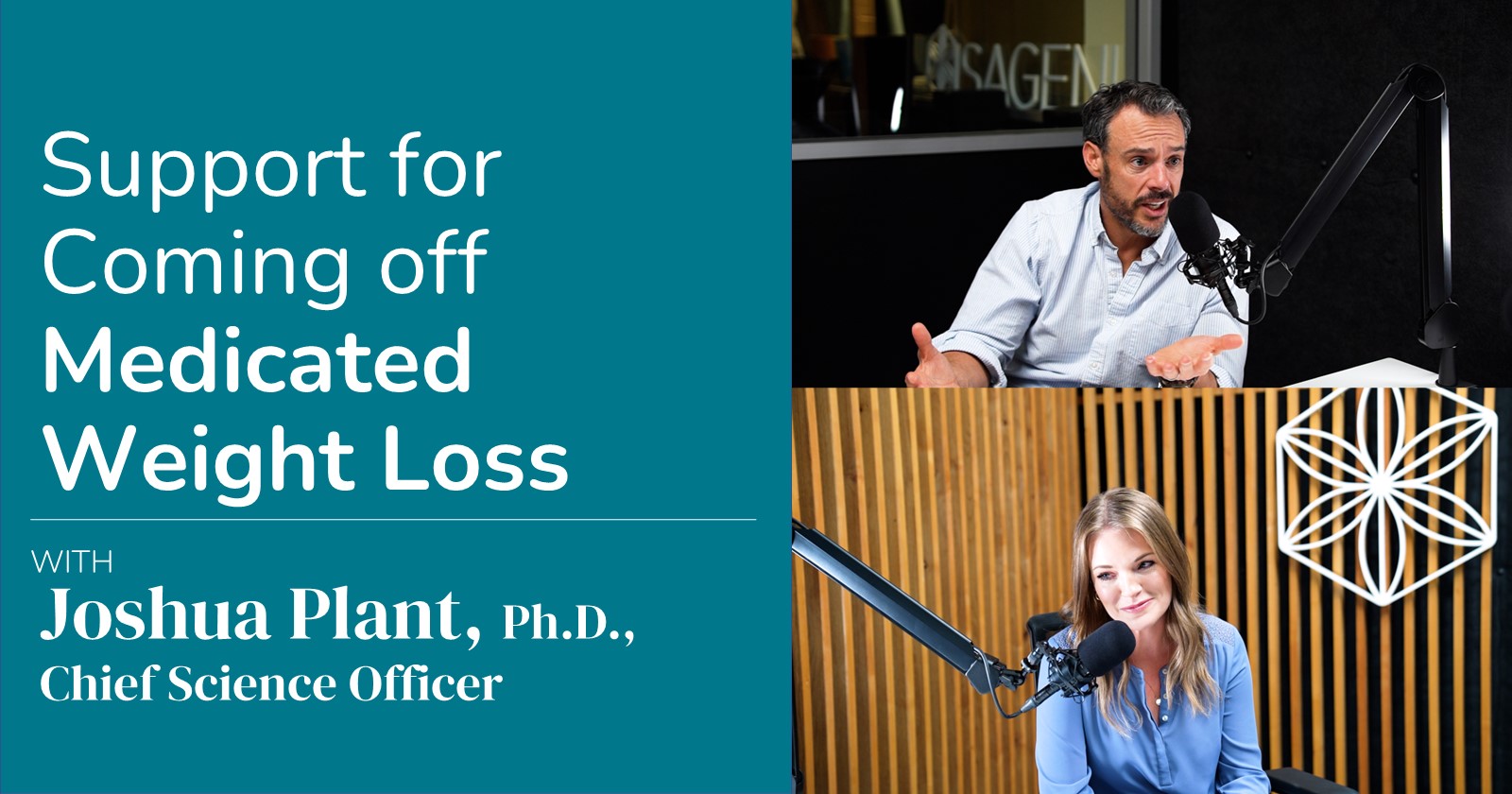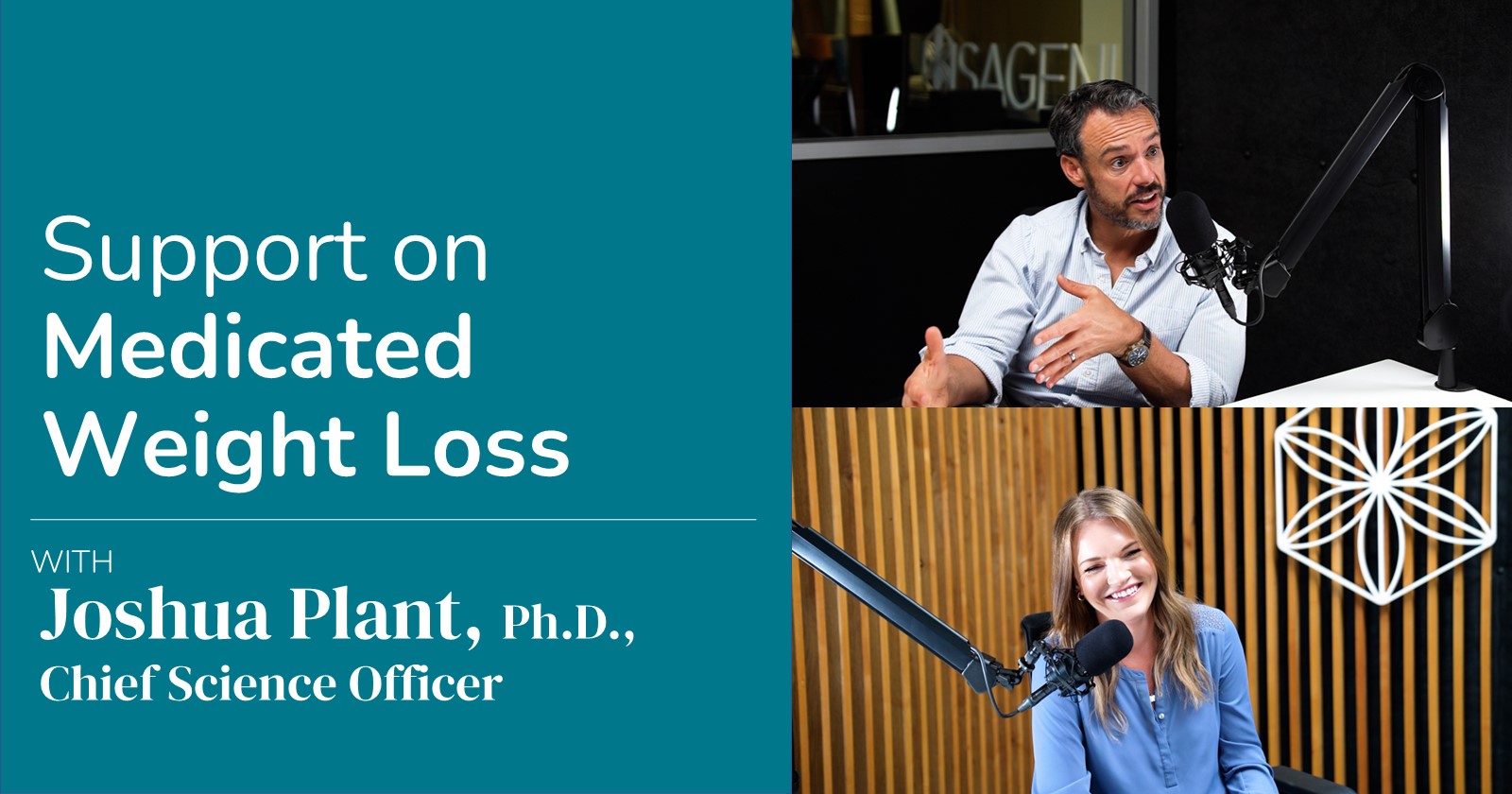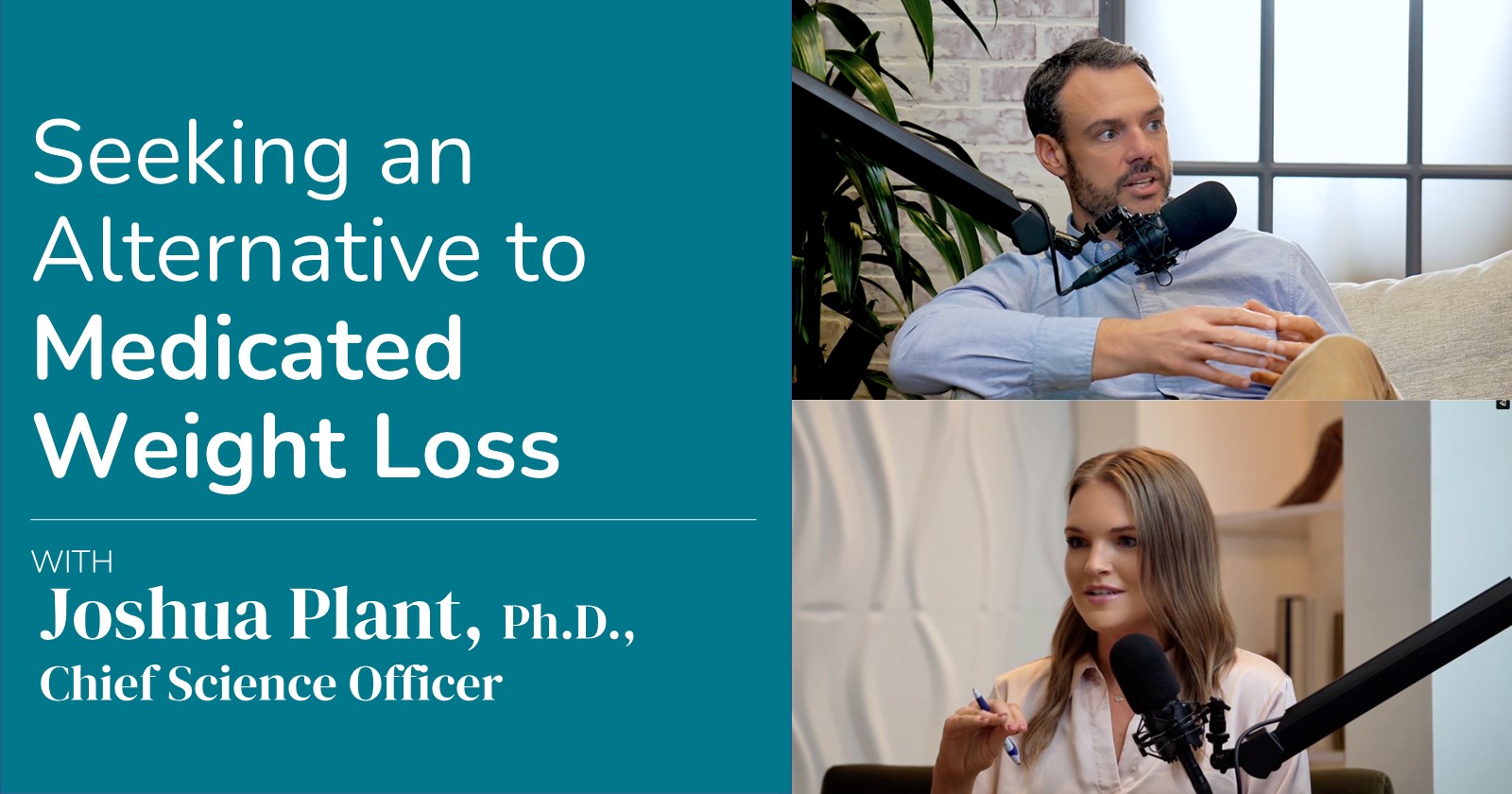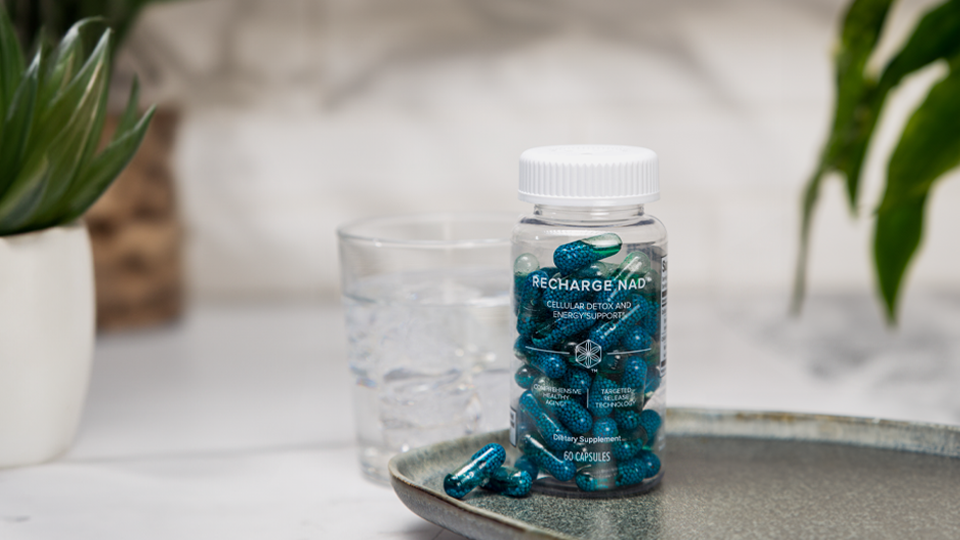Muscle and strength are known predictors of physical function, metabolism, and overall health for aging adults. But a critical problem for many older individuals is the significant loss of muscle mass that frequently accompanies attempted weight loss that can offset the benefits of reducing body fat (2, 3). Finding a way to keep muscle while losing body fat is a primary goal during the aging process.
Because nutrition plays an essential role in regulating muscle mass, the recommendation for older adults is to increase intake of high-quality protein in combination with resistance training and a reduced-calorie diet for weight loss (4). The combination helps older individuals overcome an “anabolic resistance” that occurs due to a reduced anabolic response to dietary protein during aging.
For example, two recent studies demonstrate the benefits of high-protein diets in protecting against age-associated muscle loss using whey protein supplementation (5, 6).
In the first study, researchers in Canada and the United Kingdom found that muscle mass was preserved in 40 overweight and obese men and women who incorporated two whey-based shakes each containing 27 grams of protein as part of a calorie-restricted diet (5).
These subjects completed a two-week trial where dietary intake was reduced by 750 calories per day. Subjects were randomly assigned to have either two shakes of whey protein, soy protein, or a carbohydrate drink. Researchers found that muscle protein synthesis was stimulated more in those consuming whey and muscle mass was better preserved compared to the soy protein or carbohydrate drink.
This research supports other studies suggesting whey protein to be an optimal protein source because of its rapid digestion and absorption, and its high content of the essential amino acid leucine, a potent stimulator of muscle protein synthesis (7-9).
The second study randomized 80 elderly, obese subjects to either a high-protein group consuming 10 servings per week of an enriched beverage with whey protein, leucine, and vitamin D, or a control group consuming the same number of calories in a double-blind, randomized controlled trial (6). Over the duration of the 13-week weight-loss study, all subjects reduced daily dietary intake by 600 calories and performed resistance training three times per week. After the study, those supplementing with the whey protein beverage had preserved muscle mass and improved body composition, handgrip strength, and physical performance.
The second study supported other research in elderly women who improved physical functions and muscle strength when consuming a diet higher in protein (10). The research suggests the possibility that national dietary recommendations for protein in the elderly should be increased.
The scientific evidence supports consuming increased intakes of total protein, specifically whey protein, to optimize body composition. It’s also important to remember that pairing a higher-protein diet with resistance training is what has offered the best results in these studies (11).
The combination of high intake of fast-digesting, high-quality protein and resistance exercise is suggested to have a synergistic effect on muscle mass preservation during weight loss. For older men and women, the research is especially promising, offering more evidence of how resistance exercise can benefit them during aging (12).
Combining moderate resistance exercise with a higher protein intake, particularly from whey protein, can minimize the muscle-wasting effects of aging and increase overall quality of life.
References
- Breen L & Phillips SM. Skeletal muscle protein metabolism in the elderly: interventions to counteract the ‘anabolic resistance’ of ageing. Nutr Metab (Lond). 2011 Oct 5; 8:68.
- Ballor DL, Katch VL, Becque MD & Marks CR. Resistance weight training during caloric restriction enhances lean body weight maintenance. Am J Clin Nutr. 1988 Jan; 47(1):19-25.
- Backx EM, Tieland M, Borgonjen-van den Berg KJ, Claessen PR, van Loon LJ & de Groot LC. Protein intake and lean body mass preservation during energy intake restriction in overweight older adults. Int J Obes (Lond). 2016 Feb; 40(2):299-304.
- Moore DR, Tang JE, Burd NA, Rerecich T, Tarnopolsky MA & Phillips SM. Differential stimulation of myofibrillar and sarcoplasmic protein synthesis with protein ingestion at rest and after resistance exercise. J Physiol. 2009 Feb 15; 587(Pt 4):897-904.
- Hector AJ, Marcotte GR, Churchward-Venne TA, Murphy CH, Breen L, von Allmen M, Baker SK & Phillips SM. Whey protein supplementation preserves postprandial myofibrillar protein synthesis during short-term energy restriction in overweight and obese adults. J Nutr. 2015 Feb; 145(2):246-52.
- Verreijen AM, Verlaan S, Engberink MF, Swinkels S, de Vogel-van den Bosch J & Weijs PJ. A high whey protein-, leucine-, and vitamin D-enriched supplement preserves muscle mass during intentional weight loss in obese older adults: a double-blind randomized controlled trial. Am J Clin Nutr. 2015 Feb; 101(2):279-86.
- Burd NA, Yang Y, Moore DR, Tang JE, Tarnopolsky MA & Phillips SM. Greater stimulation of myofibrillar protein synthesis with ingestion of whey protein isolate v. micellar casein at rest and after resistance exercise in elderly men. Br J Nutr. 2012 Sep 28; 108(6):958-62.
- Pennings B, Boirie Y, Senden JM, Gijsen AP, Kuipers H & van Loon LJ. Whey protein stimulates postprandial muscle protein accretion more effectively than do casein and casein hydrolysate in older men. Am J Clin Nutr. 2011 May; 93(5):997-1005.
- Wall BT, Hamer HM, de Lange A, Kiskini A, Groen BB, Senden JM, Gijsen AP, Verdijk LB & van Loon LJ. Leucine co-ingestion improves post-prandial muscle protein accretion in elderly men. Clin Nutr. 2013 Jun; 32(3):412-9.
- Isanejad M, Mursu J, Sirola J, Kröger H, Rikkonen T, Tuppurainen M & Erkkilä AT. Dietary protein intake is associated with better physical function and muscle strength among elderly women. Br J Nutr. 2016 Feb 9:1-11. [Epub ahead of print]
- Volek JS, Volk BM, Gómez AL, Kunces LJ, Kupchak BR, Freidenreich DJ, Aristizabal JC, Saenz C, Dunn-Lewis C, Ballard KD, Quann EE, Kawiecki DL, Flanagan SD, Comstock BA, Fragala MS & Earp JE, Fernandez ML, Bruno RS, Ptolemy AS, Kellogg MD, Maresh CM & Kraemer WJ. Whey protein supplementation during resistance training augments lean body mass. J Am Coll Nutr. 2013; 32(2):122-35.
- Churchward-Venne TA, Tieland M, Verdijk LB, Leenders M, Dirks ML, de Groot LC & van Loon LJ. There Are No Nonresponders to Resistance-Type Exercise Training in Older Men and Women. J Am Med Dir Assoc. 2015 May 1; 16(5):400-11.





